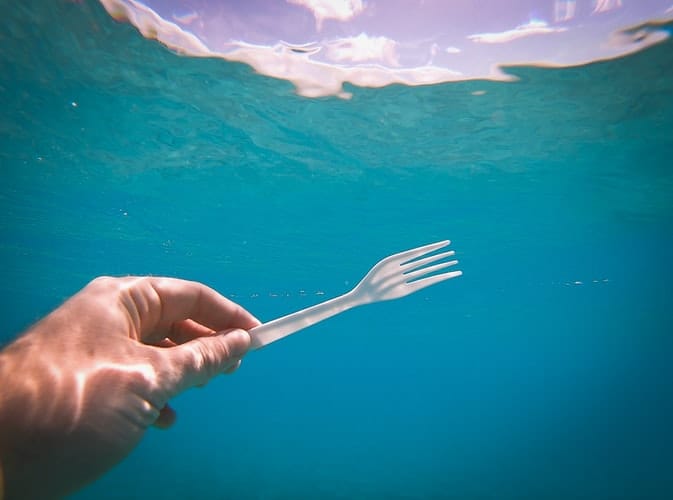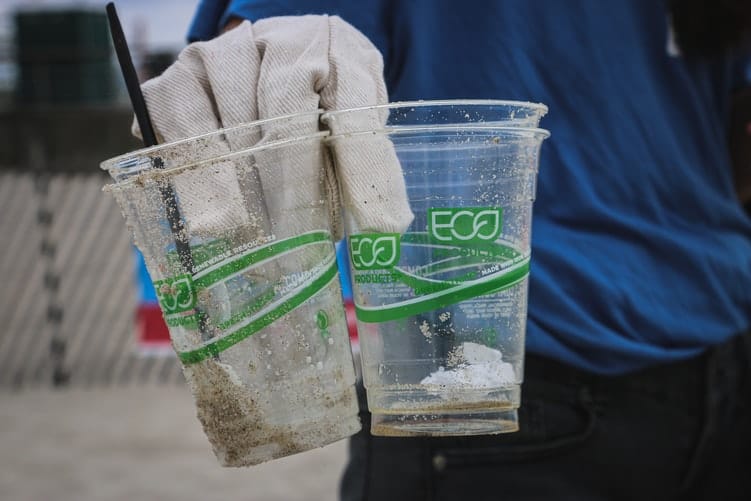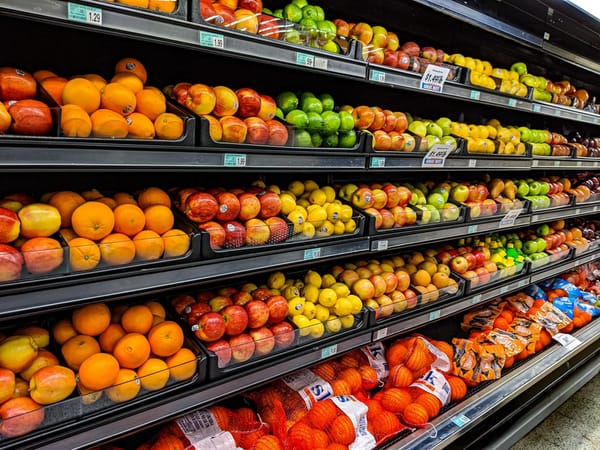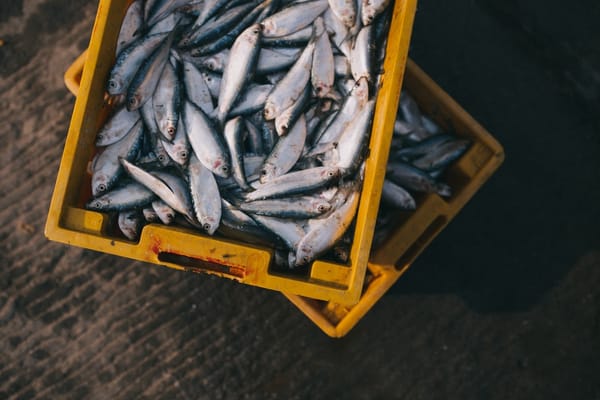Australia To Introduce Blanket Biodegradable Plastic Ban
Sustainability Editor Flora Dickie discusses biodegradable plastics and ways to prevent their potential detrimental effect on the environment.

From July 2022, Australia will start phasing out “problematic and unnecessary plastics” in an attempt to address the plastic pollution problem at its source.
Firstly, biodegradable plastics will be banned as they do not "meet relevant compostable standards", according to the Australian Government's Department of Agriculture, Water and the Environment. Following that, from December 2022, the phase-out of packaging plastic, like expanded polystyrene and PVC labels, will begin.
Biodegradable means that living organisms can degrade the plastic; it doesn't, however, denote how the plastic degrades, the timespan, and in which environment it degrades best. These factors are all incredibly variable, and many biodegradable plastics only degrade safely in commercial processing conditions.
many biodegradable plastics only degrade safely in commercial conditions
The effect of biodegradable plastics on the environment upon degrading "relies heavily on the plastic", says Professor Jason Hallett of Imperial College London. "Some likely will form microplastics en route to full degradation, but this has not been studied. A lot of them do create landfill gases, which is less than ideal. However, this is also an issue with how they are disposed of."
One of the major drivers in the ban of biodegradable plastic is the concern over microplastics. Prof. Jason Hallett told Felix that "It is possible for plastic to degrade through microplastics to nothing, but there is no real way to avoid size reduction that skips this step." In this way, he believes that microplastics have become "something of a boogey monster; they are bad but not the end state". The detrimental effect intensity that plastics have environmentally depends on how they degrade and how long they are present in an environment.
There is limited understanding of the scale of microplastic pollution caused by biodegradable plastics; however, new technology can help us test which plastics will produce microplastics. A spokesperson for the innovative plastic business, Polymateria, told Felix that "there is now a standard with clear-pass fail criteria against which those technologies claiming to be able to biodegrade plastic without creating microplastics can be tested."
Polymateria have shown the world how to degrade plastic without creating microplastic pollution
Polymateria has proven that it is possible to degrade plastic without "creating microplastics, or harming the natural environment, or interfering with the recycling streams at scale." For solutions to be widely applicable, they need to be compatible with our current infrastructure. Polymateria uses catalysts to "break down the hard crystalline and amorphous structure of the plastic into a wax-like substance" and combine this with the "use of 'synthetic' prebiotics", which attract decomposers to aid in the degradation process.
It is important to note that 'biodegradable' does not mean 'compostable'. Ever more frequently, supermarkets provide 'compostable' plastic bags for fresh fruit and vegetables. Yet, often, they also need commercial conditions to degrade and should not be put in the garden compost (unless explicitly specified). Sometimes compostable and biodegradable items cannot be recycled, so it is essential to check before tossing all your plastics together into the recycling bin.

Before taking action in the UK, like what is happening in Australia, Prof. Jason Hallett says that "it is essential to consider alternatives that we want to encourage". "We need to decide what properties and behaviours [of plastics], including end of life, we want to encourage".
At the end of the day, we want to reduce plastic use as much as possible. Some believe that the word 'biodegradable' makes people feel less guilty about purchasing plastic – causing the opposite of what was set out to achieve.
Polymateria told us that whether to ban biodegradable plastic or reduce plastic production "is not an either/or". "Any biodegradable solutions deployed must be verified according to credible international criteria". Therefore, we need this new biodegradable technology alongside the push to reduce plastic use in all aspects of life. "Technology and innovation in our space has moved on quickly and will continue to do so given the impact of the plastic pollution problem," says Polymateria. "Policymakers will need to keep pace with these developments".






